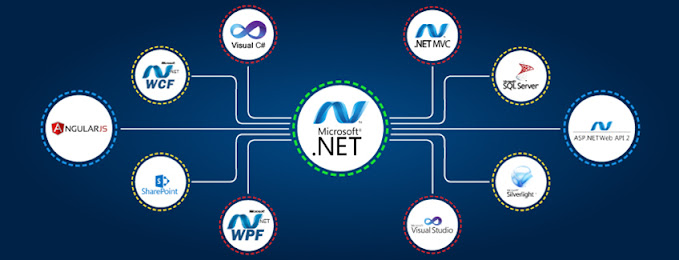How Cloud DevOps Enhances Automation and Efficiency in 2025
In 2025, the landscape of software development and IT operations is more dynamic than ever, driven by the rapid adoption of DevOps services. Companies worldwide are seeking ways to optimize their workflows, enhance efficiency, and improve automation. Among the strategies leading this transformation is the integration of Cloud DevOps, which offers a seamless combination of agility, scalability, and reliability. This article explores how Cloud DevOps is redefining automation and efficiency in today’s fast-paced digital world.
Understanding Cloud DevOps Services
Cloud DevOps services bring together cloud computing and DevOps methodologies, enabling organizations to achieve faster development cycles, robust scalability, and efficient resource management. Unlike traditional DevOps, which often relies on on-premise infrastructure, Cloud DevOps leverages the power of the cloud to streamline processes. It empowers businesses to deploy applications faster, reduce operational bottlenecks, and improve collaboration between development and operations teams.
Automation at the Core
Automation is the cornerstone of Cloud DevOps. By utilizing Infrastructure as Code (IaC), containerization, and CI/CD pipelines, Cloud DevOps eliminates repetitive manual tasks. IaC tools such as Terraform and Ansible ensure that infrastructure provisioning is consistent, error-free, and highly scalable. Meanwhile, CI/CD pipelines enable seamless integration and delivery of code, ensuring that updates and new features reach production quickly.
Moreover, Cloud DevOps services integrate advanced tools and technologies like Kubernetes for container orchestration and serverless platforms such as AWS Lambda. These tools not only enhance automation but also reduce the complexity of managing infrastructure, allowing teams to focus on innovation rather than mundane tasks.
Efficiency Gains through Scalability and Flexibility
One of the most striking advantages of Cloud DevOps is its ability to scale on demand. Cloud platforms like AWS, Azure, and Google Cloud provide elastic resources, ensuring that applications can handle sudden traffic spikes without performance degradation. This scalability is vital for businesses aiming to deliver consistent user experiences.
In addition, Cloud DevOps enables organizations to adopt a microservices architecture. By breaking down applications into smaller, independent services, teams can work on multiple components simultaneously, boosting productivity and reducing time-to-market. The flexibility of Cloud DevOps ensures that resources are used optimally, minimizing waste and lowering operational costs.
Enhanced DevOps Implementation
Successful DevOps implementation requires a cultural shift alongside technical adoption. Cloud DevOps fosters collaboration between development and operations teams by offering unified platforms and tools. Monitoring and observability tools like Prometheus and Grafana provide real-time insights into system performance, allowing teams to proactively address issues.
Furthermore, Cloud DevOps promotes a feedback-driven approach. Automated testing and monitoring ensure that any issues are identified early in the development cycle, reducing the risk of costly downtime. By integrating AI-powered analytics, teams can predict potential bottlenecks and optimize workflows proactively.
Unleashing Innovation with Cloud DevOps
In 2025, innovation is the differentiator for businesses across industries. Cloud DevOps empowers organizations to experiment with new ideas without the fear of failure. By leveraging cloud-native technologies and automation, companies can iterate rapidly, launch prototypes, and adapt to market demands with unprecedented speed.
Additionally, Cloud DevOps services enhance security through automated compliance checks and robust access controls. Security-as-Code practices ensure that applications are secure by design, reducing vulnerabilities and building customer trust.
The Future of Automation and Efficiency
The integration of Cloud DevOps services is not just a trend; it is a necessity for businesses aiming to thrive in the competitive digital ecosystem of 2025. With automation and efficiency at its core, Cloud DevOps enables organizations to reduce costs, accelerate development cycles, and deliver exceptional user experiences.
By embracing Cloud DevOps, companies can unlock the true potential of their teams and technology stacks, positioning themselves as leaders in their respective domains. As businesses continue to evolve, the synergy of cloud computing and DevOps will remain a powerful force driving innovation and operational excellence.



.png)
Comments
Post a Comment